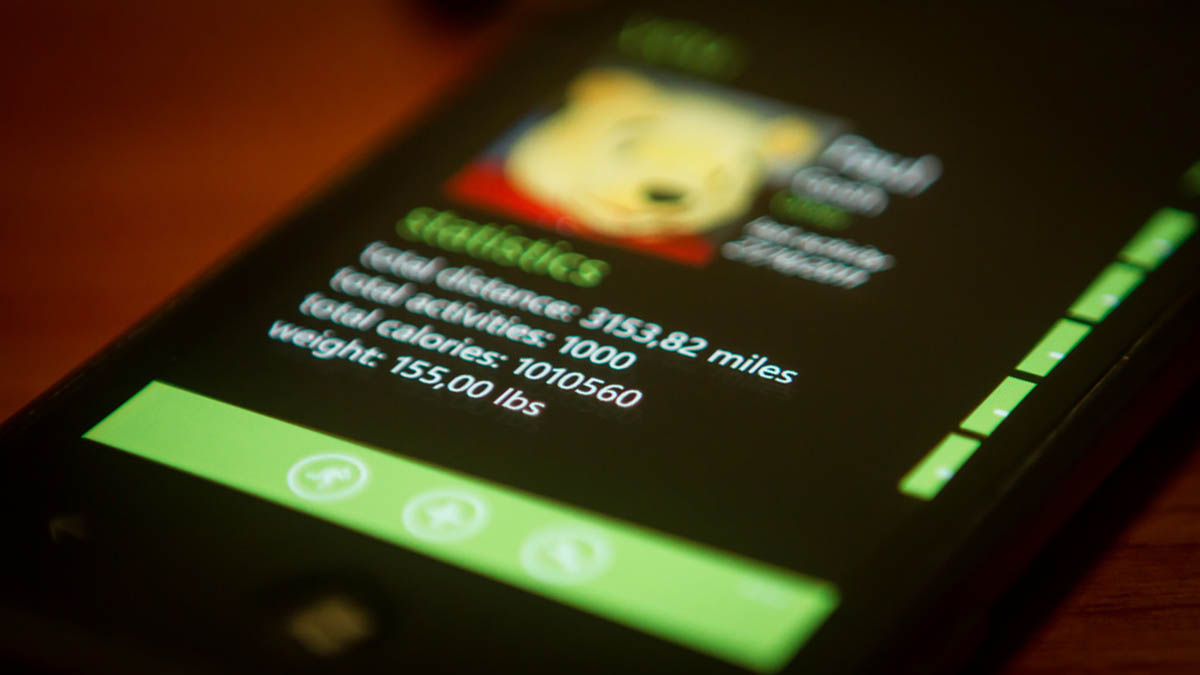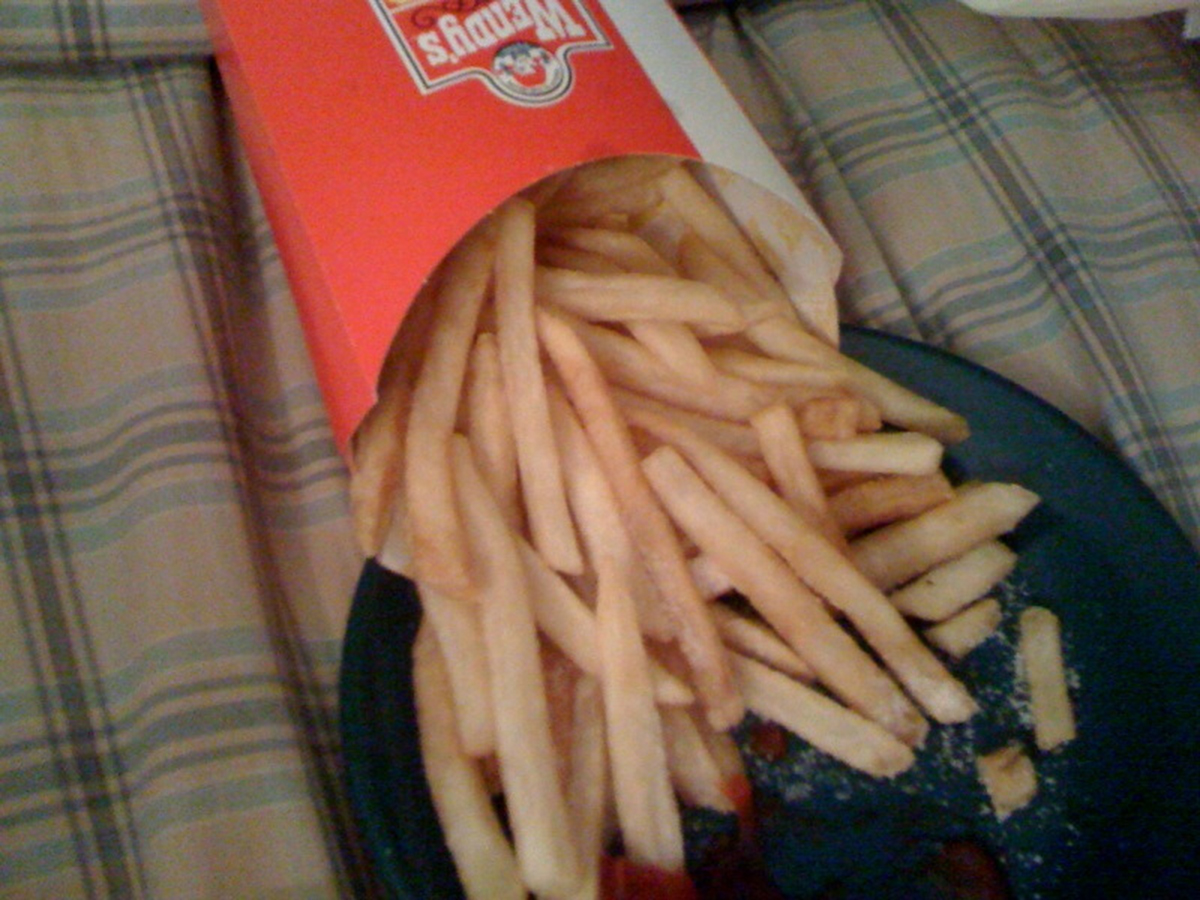Many people assume that body weight changes when the amount of calories obtained through food does not match the amount of calories spent on physical activities. This view is not correct. Most of our calories spent are on basic body functions, and only around 20-30 percent fuel our physical activity.

The Basal Metabolic Rate (BMR) of a person is the number of calories required to perform basic functions of the body like pumping the blood through the body, sustaining body temperature, digesting food, and breathing. It does not include the calories required for exercises or doing other physical activities. BMR, in a way, is useful in determining the number of calories one requires to lose weight: if we know how many calories we burn daily, we can easily estimate which restrictions should be placed on our calorie intake.
How To calculate Your BMR
Basal Metabolic Rate is calculated as follows.
For Women: (4.35 * body weight in pounds) + (4.7 * height in inches) – (4.68 * age) + 655
For Men: (6.25 * body weight in pounds) + (12.7 * height in inches) – (6.76 * age) + 66
We can take the activity factor into consideration by using Harris-Benedict equation that gives the overall calorie expenditure. As per this equation, multiply the base BMR number by:
- 1.2, if you are sedentary
- 1.375, if you are a little active
- 1.55, if moderately active
- 1.725, if very active
- 1.9, if extra active
For a long time, scientists assumed that an individual BMR is more or less fixed. However, more recent research show that as one loses weight, BMR also decreases, as the body has to do less work to keep it going. Therefore, it is advisable to recalculate your BMR from time to time when you are trying to lose weight, and further reduce your calories intake to keep the process going.
However, do remember that going too low with the calorie intake may result in lethargy, weak immune system and may result in a larger gain in weight when you are off your dieting plan.
See Also: Superfoods To Have In Your Pantry To Lose Weight
Factors That Control BMR
-
Body Composition: If there is more lean muscle, the BMR is higher because lean muscles are more metabolically active than fat.
-
Gender: Men usually have more lean body mass than women, thus having a higher BMR.
-
Age: There is a drop in lean body mass as we age, that is why our BMR also decreases as we grow.
-
Thyroid hormone levels: Hormones released from thyroid gland also affects metabolic rate.
-
Genes: How your body uses energy may be influenced by inherited characteristics.
-
Calorie Intake: Going on a strict diet to lose weight may affect your metabolic rate too. If you eat less, your ability to burn calories also goes down. A person trying to lose weight is usually advised to take 500-1000 calories less or burn 500-1000 more calories (or do a combination of two) than what is required to maintain a steady weight. However, medical experts warn that calorie levels should never drop below 1200 calories per day for women and 1800 calories per day for men as it will slow the metabolic rate too much and may be counterproductive to one’s health.
-
Climate and body temperature: BMR of people in cold regions is generally higher than those living in warmer regions as it requires more energy to work or exercise and, above all, to stay warm in the cold environments.
Tips To Speed Up Your Rate Of Burning Calories
Build More Muscle: Women usually feel that weight or strength training will increase their body weight, which is not true. Strength training or holding weights increases the amount of muscle in the body. Recent study found that regular weight training increases the BMR by around 15 percent as it helps in building the muscle mass which is more active and burns more calories even at rest.

Stay Active: The message is to "keep moving". Try to take every opportunity to move around, be it climbing stairs, stretching, standing up when talking on the phone, swinging your legs etc. These small movements will add up to a dramatic difference in terms of the calories burnt per day.
Exercise: Studies have shown that high intensity workout like aerobics, brisk walking, jogging, swimming and cycling, if performed three to four times a week for 30 minutes can help in burning more calories for several hours after the exercise.
Eating Spicy Food and Drinking Green Tea: Though it may sound strange, there is evidence to show that spices, especially chili, can increase the metabolic rate by 50 percent for up to 3 hours after having a meal. Similarly, drinking green tea also stimulates the metabolism. The same appears to apply for coffee, although the scientific findings are a bit contradictory.
Eat small and regular meals: Studies show that the thyroid hormone levels begin to drop within hours of eating a meal and thus the metabolic rate also decreases. Therefore, it’s better to eat small, frequent meals rather than large, less frequent meals. Above all, eating little and often can help in controlling your hunger needs thus avoiding that binge eating one gets indulged into.
Do not skip breakfast: Research shows a relationship between eating breakfast and losing weight. It usually happens by kick starting your metabolic rate. It’s important to eat a nutritional breakfast and adjust the remaining daily calorie intake as per your goal.
See Also: Staying Happy While Dieting
Keep a journal: It’s important to write down your daily calorie intake as you will be aware of what you eat and drink. Write down the serving size amount, calories, fat, protein, and carbohydrates in the food consumed. For a healthy weight loss and for gaining lean muscle mass, it’s important to eat lots of good carbohydrates and lean proteins. Apart from the calorie intake, a journal of your daily workout will also help in knowing the energy expenditure due to the physical activity. In case you are unsure of the calories burnt, estimate and decrease the total by 100-200 calories.
- Dulloo AG, Jacquet J: Adaptive reduction in basal metabolic rate in response to food deprivation in humans: a role for feedback signals from fat stores. Am J Clin Nutr 1998, 68:599-606
- Maclean PS, Bergouignan A, Cornier MA, Jackman MR: Biology’s response to dieting: the impetus for weight regains. Am J Physiol Regul Integr Comp Physiol 2011, 301: R581-R600
- Dulloo AG, Jacquet J, Montani JP: How dieting makes some fatter: from a perspective of human body composition auto regulation. Proc Nutr Soc 2012, 71:379-389
- Bouchard C, Perusse L, Deriaz O, Despres JP, Tremblay A. Genetic influences on energy expenditure in humans. Crit Rev Food Sci Nutr 1993
- 33(4-5): 345-50
- Cho S, Dietrich M, Brown CJ, Clark CA, Block G. The effect of breakfast type on total daily energy intake and body mass index. Results from the Third National Health and Nutrition Examination Survey (NHANES III). J Am Coll Nutr 2003
- 22(4):296-302
- Dolezal BA, Potteiger JA. Concurrent resistance and endurance training influence basal metabolic rate in non-dieting individuals. J Appl Physiol 1998
- 85(2):695-700
- Fukagawa NK, Bandini LG, Young JB. Effect of age on body composition and resting metabolic rate. Am J Physiol 1990
- 259: E233–8
- Nelson KM, Weinsier RL, Long CL, Schutz Y. Prediction of resting energy expenditure from fat-free mass and fat mass. Am J Clin Nutr 1992
- 56: 848–56.Photo courtesy of Nicola since 1972 via Flickr: www.flickr.com/photos/15216811@N06/8030637855
- Photo courtesy of Jessica Mullen via Flickr: www.flickr.com/photos/jessicamullen/4882954652


Your thoughts on this